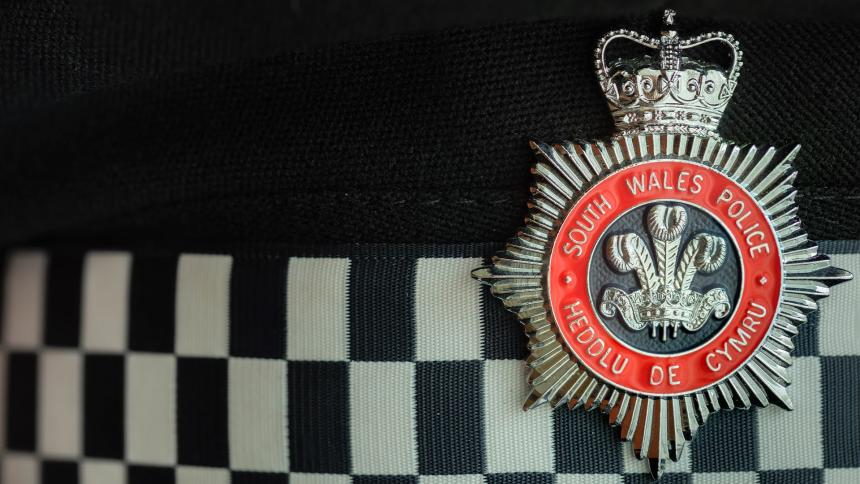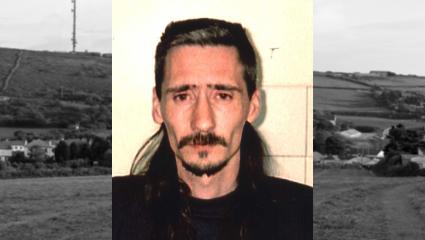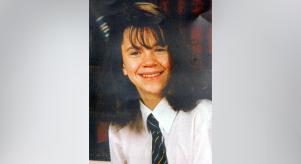
Lynette White: The murder that led to a severe miscarriage of justice
Cold Case UKOne of the most well-known cold cases in British criminal history is the murder of Lynette White. It’s known for being a huge miscarriage of justice, as several innocent men were charged while the actual killer walked free.
The case of Lynette White will be featured in Cold Case UK, which starts Sunday, 31st August on Crime+Investigation, but we’ll also be diving deeper here. Join us here at Crime+Investigation as we examine the murder of Lynette White and how it became one of the longest-lasting murder trials in the UK.
Who was Lynette White?
Lynette White was born on 5th July 1967. She was a sex worker from Cardiff, Wales, who had a tragic start to her life. She had no qualifications after leaving school. She’d also been abused sexually in exchange for money since she was as young as 14. Her role was so significant that a journalist had interviewed her for BBC Wales as part of a child prostitution investigation. The interview took place a couple of weeks before she was killed.
Despite her difficult circumstances, friends described Lynette as 'popular', 'nice', 'bubbly', and 'pretty'.
The murder of Lynette White
Around 9th February, Lynette went missing. She made no contact with friends, coworkers, or her boyfriend, Stephen Miller. The police were notified of Lynette’s disappearance, and in the early morning of 14th February 1988, her body was found in a flat above a betting shop on James Street, Bluetown, Cardiff.
Lynette had been viciously murdered. She had been stabbed more than 50 times, and her throat had been cut so badly that the bones of her spine were exposed. She also had defensive wounds and stab wounds on her stomach, arms, inner thighs, face, and wrist. Her breasts and chest had also been stabbed, with her left breast so badly cut that it was almost completely severed. 69 wounds were identified in total.
Although Lynette was clothed, except for one shoe, the motive was thought to be sexual. It didn’t take long before a photofit of the suspect was issued by South Wales police. The suspect was identified as a white man with bloodstained clothing who was outside the flat in a distressed state.
Arrests and convictions
Despite the solid photofit, focus soon shifted. In November 1988, five black men were arrested. These men were:
- John Actie
- Ronald Actie (John Actie’s cousin)
- Stephen Miller (Lynette’s boyfriend)
- Tony Paris
- Yusef Abdullahi
Dubbed the 'Cardiff Five', the men went on trial in October 1989. It was the longest murder trial in British history at the time, lasting until November 1990. The trial ended with the convictions and life sentences of Stephen Miller, Tony Paris and Yusef Abdullahi. John and Ronald Actie were acquitted, but spent two years in custody.
The Cardiff Three
The Cardiff Five became the Cardiff Three, and campaigns began several months later supporting the men. Doubts were raised due to a lack of forensic evidence, along with revelations of police intimidation tactics leading to false confessions.
In December 1992, a court appeal was held, and the Cardiff Three’s convictions were quashed. The case became known as a particularly severe miscarriage of justice.
Lynette’s killer
Lynette’s case ran cold for many years, until it was reopened in 2000. Advancements in forensic technology led to the discovery of new evidence. In 2003, a familial DNA search was able to reveal Lynette’s killer: Jeffrey Gafoor. Gafoor was arrested and pleaded guilty to the murder of Lynette in July 2003. He was given a life sentence, with a minimum sentence of 13 years.
In October 2024, Gafoor was granted parole. Attempts to overrule this decision were made, but in November 2024, it was reported that there would be no review. Gafoor was released from prison in January 2025.
The murder of Lynette White is a disturbing case that is still causing pain and distress for Lynette’s family and friends to this day. Not only did five innocent men suffer from an extreme miscarriage of justice, but the actual killer was able to walk free for 15 years.
Want to stay up to date on a range of different crime stories? Then be sure to subscribe to the Crime+Investigation newsletter. By subscribing, you’ll get free access to all our latest articles and news stories.












